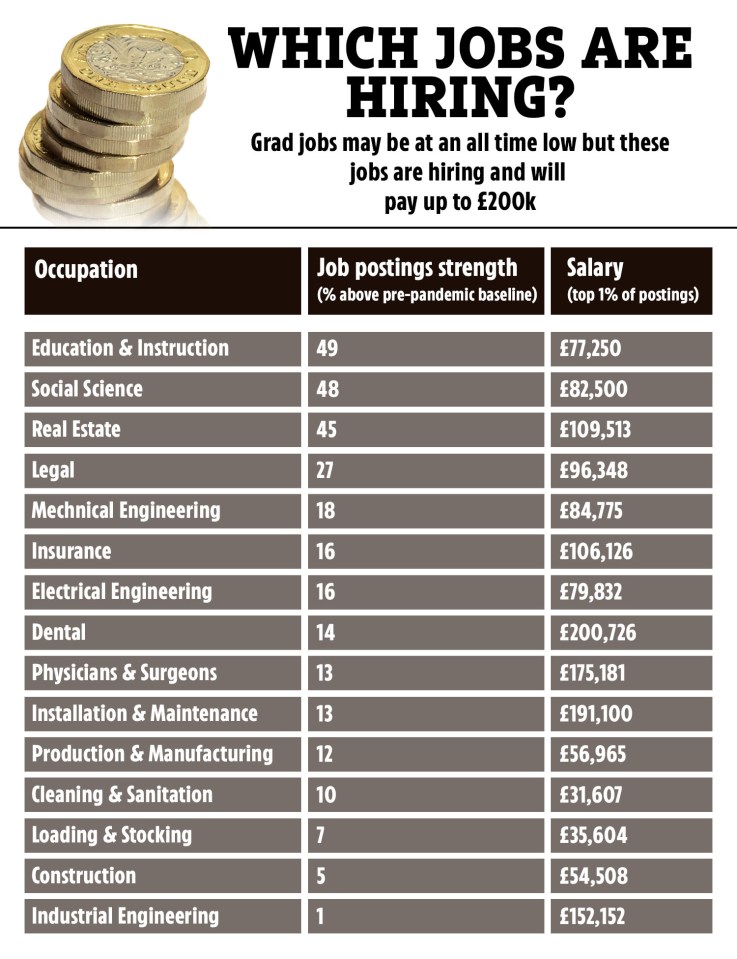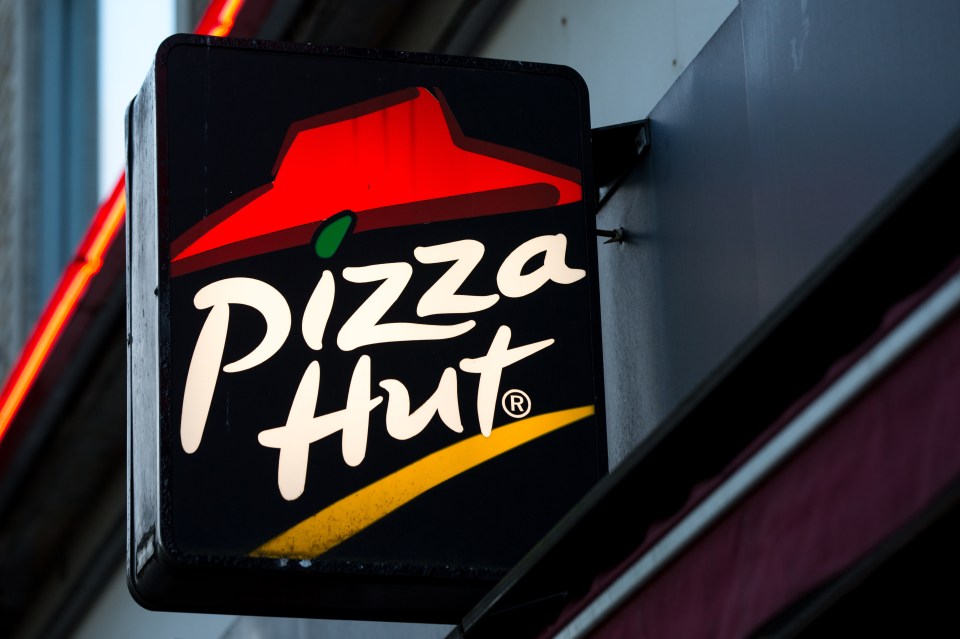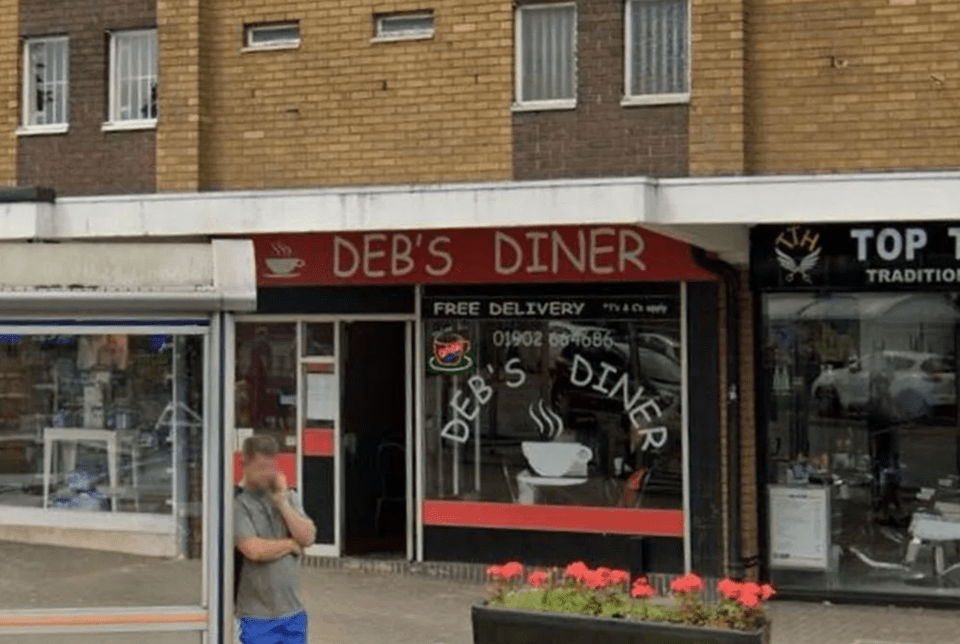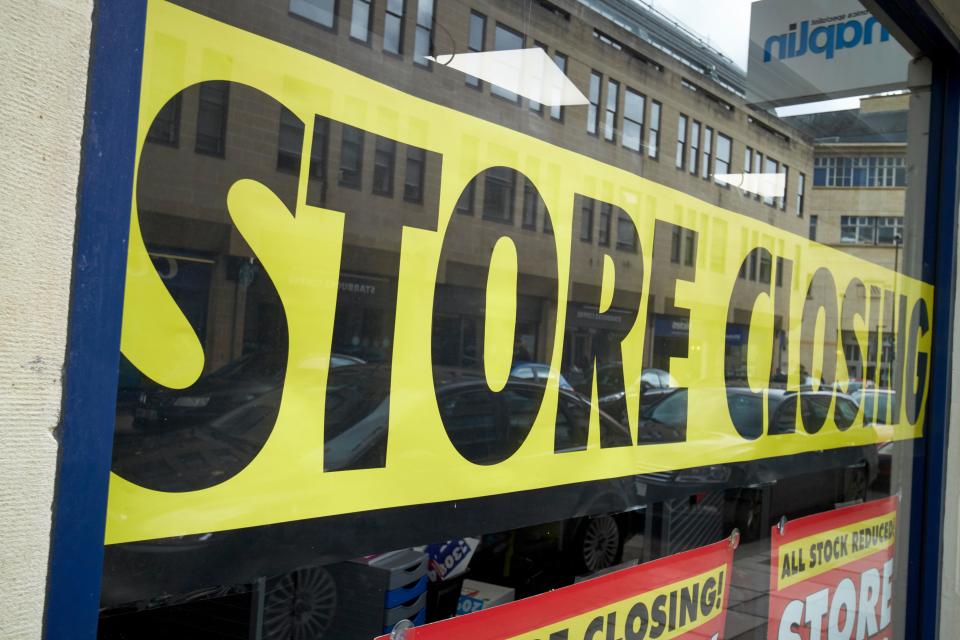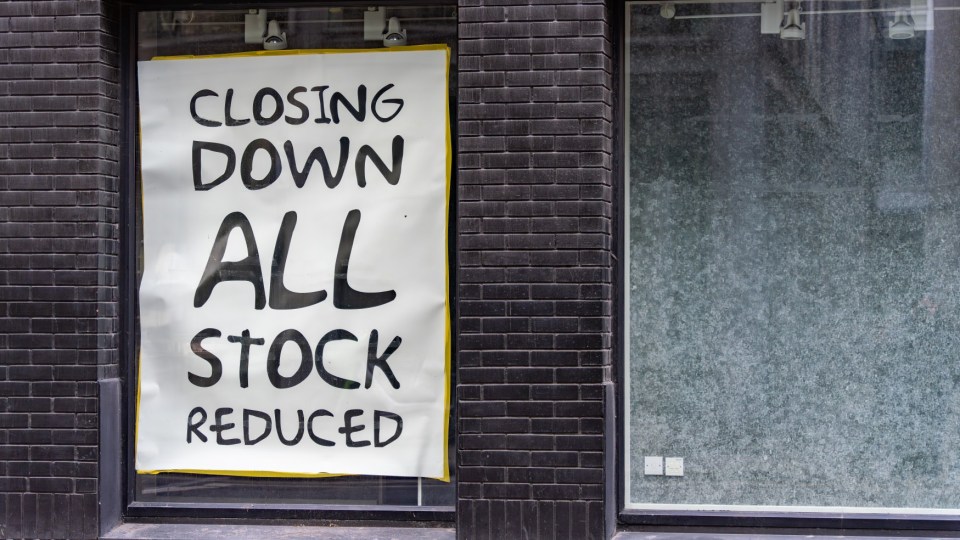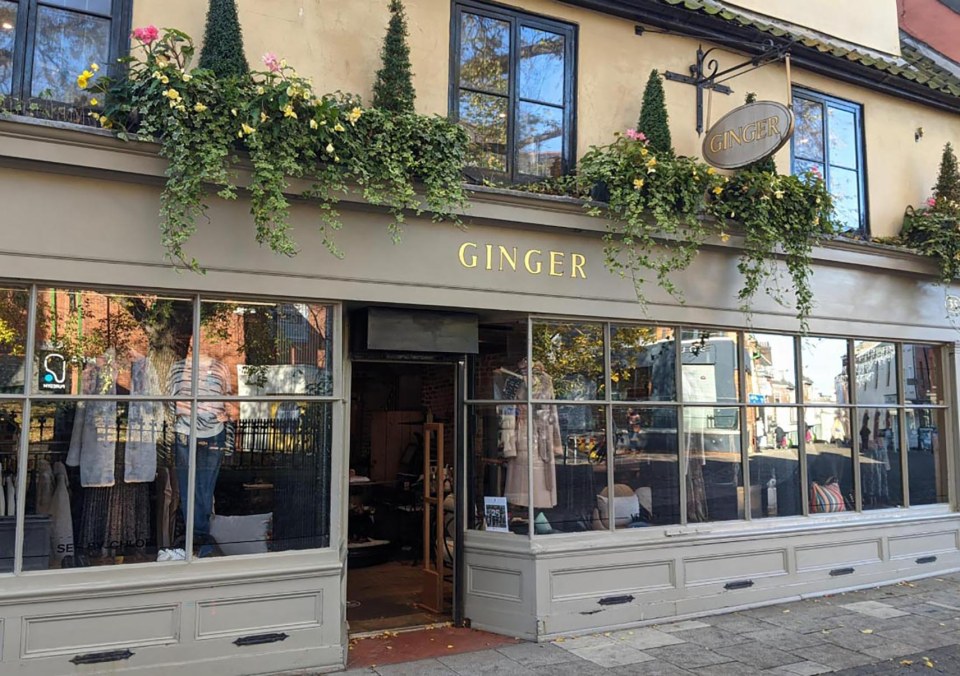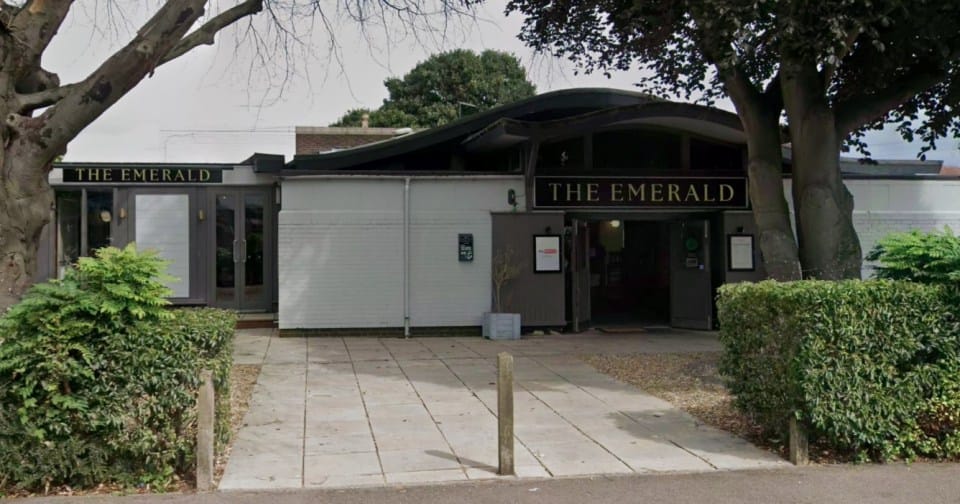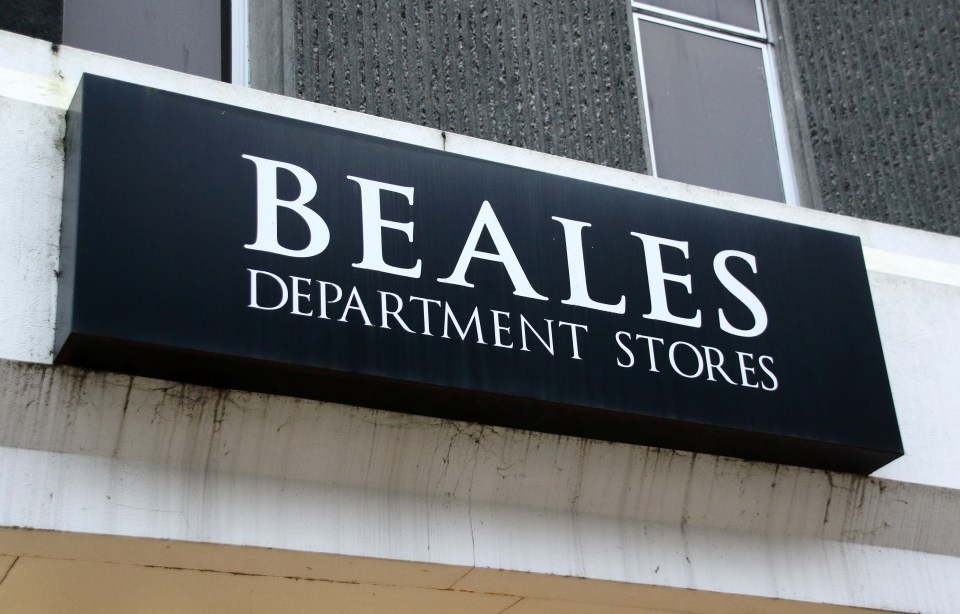‘Beyond diabolical’ – Boss sparks fury over shocking texts to employee about her maternity leave
A BOSS has been branded as being “beyond diabolical” over the text messages they sent to an employee regarding her maternity leave.
Ben Askins, a UK career expert, regularly shares videos calling out questionable workplace behaviour to his social media sites.
In a recent post, Ben highlighted an “ugly” response to a pregnant woman’s “reasonable” request for maternity leave where he branded her employer as being in “the top three of the worst bosses I’ve come across”.
Ben shared the text exchange to his TikTok account which has since notched up nearly 590,000 views.
The text message exchange begins with the pregnant employee confirming that her manager had received her “email about maternity leave requests for February”.
The boss then replied: “I saw it, and I wanted to talk to you about it.
“Is there any way you’d consider reducing how long you want to take?
“If you are sure you are going to go ahead with it, would you be open to discussing it all. I am just a bit worried about the costs from our side.”
Clearly taken aback by her manager’s reaction, the female employee tried to justify her reason for taking her legally-entitled maternity leave.
To help ease the situation, she offered to be as helpful as possible to the person who would temporarily filling her position.
She wrote in reply: “Oh ok, um I was kind of hoping to take as much time as possible.
“This is my first child and wanted to get as used to being as parent as possible, especially as my family lives quite far away.”
She added: “I will ensure all my responsibilities are handed over seamlessly and help interview for mat cover but I really do want to take the full amount.”
The boss though continued to badger his employee over the “burden” she was allegedly creating by going on maternity leave.
He wrote: “The challenge is that this is a small company, and it’s quite a burden to have to pay both your mat leave and your mat cover.
“I am just not sure how we can cope.”
The woman though continued to advocate for her rights and even offered to assist her employer while she was off on leave.
She said: “I appreciate that but this isn’t fair to put on me, I am happy to support but I am well within my rights to do this.
“I will try and support however I can, make sure everything is in place for a smooth handover and can also be on call for emergencies if that helps?”
The concerned employee then ended the message by saying: “Is my pregnancy going to be a problem for my role in the company?”
The boss then responded: “Not at all! Your pregnancy is absolutely fine by me, we are a family company.”
However, they then continued: “[J]ust not ideal timing for me that is all. But if you are not going to help out and reduce the time then nothing really further for us to talk about I guess.”
As Ben read out the series of text message in the video, he couldn’t help interject with his own comments about the situation, calling the manager out for their “disgusting” behaviour.
Ben also claimed the boss in this case was “fully aware of what he’s doing”.
He said: “He’s trying to use guilt to basically get her to kind of waive her rights [to take the full length of maternity leave]… because you can then sort of go, ‘Oh no, she agreed with it.”
Ben also added the woman’s request was perfectly “reasonable” and noted she had gone above and beyond by offering additional assistance in regard to the recruitment and handover to her replacement.
The expert also added that it was not the woman’s “problem” the business may struggle financially due to her leave entitlement and it was her right to take maternity leave.
Ben said: “That is not her f**king problem, that is your problem.
“If she’s not an equity holder, she’s not a director in the business, it’s not her company, that is a YOUR problem.”
The clip has gained a lot of attention, along with nearly 1,000 comments, many outraged by the behaviour of the boss.
One person wrote: “This is the kind of boss that makes you start looking for another job while you’re on leave.”
Another added: “She should not even have to justify anything.”
A third said: “The gaslighting and guilt is beyond diabolical.”
Others took issue with the manipulative language used by the boss in the text exchange.
One commenter said: “’Not ideal timing for me.’ Yea, I mean sheesh, couldn’t think of your boss while conceiving your baby?”
Another asked: “Did they just suggest she get an abortion for the sake of the company’s bottom line?!?”
While a third posted: “’If you’re not going to help out’ is an insane thing to say especially after she already stated she’s more than happy to arrange cover and everything else before she leaves.”
From the video, it is unclear what jurisdiction the worker was in, but many commentators noted that maternity leave was a legal employment right in a number of countries, including Australia, and the employee may have grounds to take legal action.
One commentator wrote: “Wow… save this, go to an employer lawyer. Get settlement, enjoy!”
Another opined: “This is a slam dunk mat discrimination case. Employers need to understand that claim awards are potentially unlimited.”
Other commentators used the opportunity to relate their own horror stories about requesting maternity leave.
One person wrote: “I had a line manager refuse to discuss it with me because ‘your baby could still die right up until the end’.”
Another commentator added: “My old manager tried to convince me to have an abortion… they wondered why I didn’t want to go back after having my baby.”
While a third said: “My old boss tried to tell me I only got half maternity time with my second child cos I’d already done the full maternity bonding time with my first.”
While most comments expressed outrage by the response of the boss, there were some commentators who said they understood where the employer was coming from.
One reply said: “Whilst he’s being improper, you can’t avoid the fact that small companies will avoid employing women of childbearing age to reduce costs.”
Another commentator said: “For small businesses, maternity leave – even if protected by law – can have a massive impact on the company, especially if it’s not performing well financially.”
Someone else posted: “[S]o many companies like this don’t like hiring young women because the potential for taking maternity leave is high.”
One comment from a disheartened female worker gained more than 1,600 likes which said: “We’re judged by society if we don’t want kids and then punished by work when we do.
“We’re judged for working 9-5 and having a career with kids but then also judged if we stay home full time with kids. Women can’t win.”
Under the Fair Work Act, all employees in Australia are able to get up to 12 months unpaid parental leave, if they have completed at least 12 months of continuous service with their employer.
The Paid Parental Leave scheme is run by Services Australia which provides financial support to eligible working parents to take time off work so they can care for a newborn or recently adopted child.
Some employees are able to receive parental leave payments from the Australian Government Parental Leave Pay, while others will get employer funded parental leave payments.
In some cases, it is possible a person can receive both.


